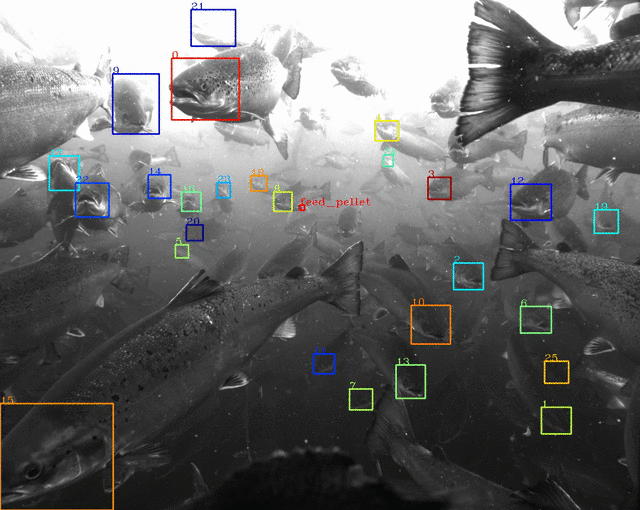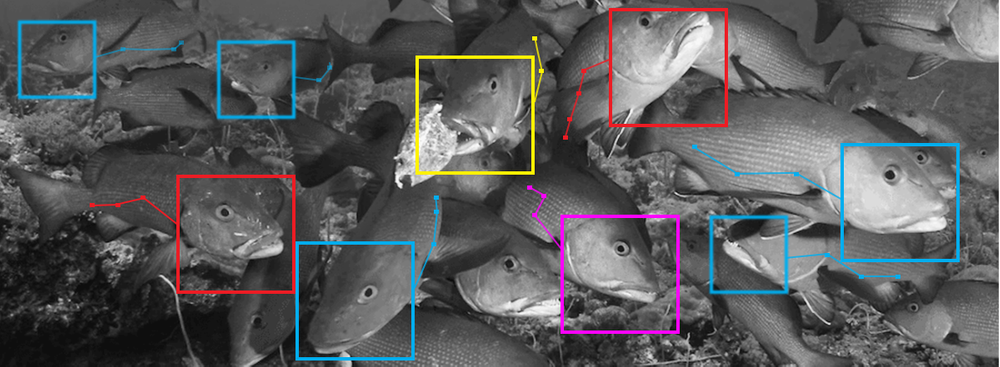On Monday, Alphabet’s subsidiary X launched the new “moonshot project” called Tidal that aims at protecting the ocean and its ecosystems by tracking and logging fish behavior with the help of the newly developed underwater camera systems. The gathered information will later help fish farmers with better managing their pens in an environmentally friendly way and also help find out how to feed humanity sustainably.
Tidal’s mission is to develop technologies that will provide a better understanding of how things work underwater. Water covers almost three quarters of our planet, and yet it is still challenging to deeply explore the ocean floor and how its inhabitants live and behave. Meanwhile, fish provide food for a lot of people around the globe and have a lower carbon footprint than land species, so it is crucial to know how to protect them.
“Humanity is pushing the ocean past its breaking point, but we can’t protect what we don’t understand,” wrote Neil Davé, general manager for Tidal, in a blog post. “Pollution and unsustainable fishing practices mean that there will soon be more plastic than fish in the sea, while rapid acidification is killing corals and sea creatures. This is driving upheaval in ecosystems all over the world, from coral reefs to the Arctic, leading to chain reactions of damage that are threatening human food and economic security.”
That is why Tidal has developed a system of underwater cameras and machine perception tools powered by software that can monitor thousands of fish in their natural habitat using artificial intelligence technologies.

Tidal’s general manager Neil Davé also said in a blog post: “Our software can track and monitor thousands of individual fish over time, observe and log fish behaviors like eating, and collect environmental information like temperature and oxygen levels. This kind of information gives farmers the ability to track the health of their fish and make smarter decisions about how to manage the pens — like how much food to put in the pens, which we hope can help reduce both costs and pollution.”
Tidal has been developing these tools for three years in collaboration with fish farmers, informing them about the new fish tracking technology and asking them about their current ways of running and growing their operations.
The endpoint of the projects is letting know fish farmers how to reduce food waste, the spread of diseases among fish, and lower the use of chemicals, which will eventually lead to sustainable fishing.













